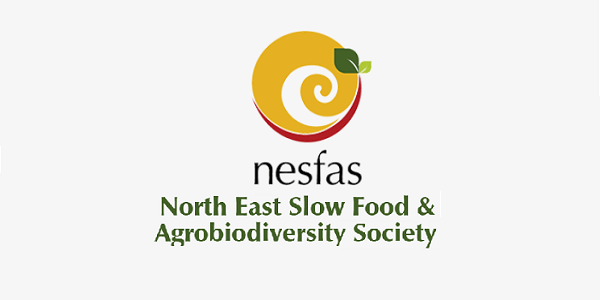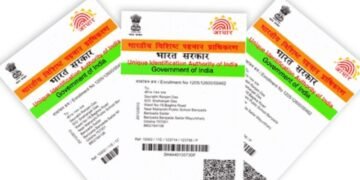In a bid to help communities brace themselves for a potential surge in Covid-19 cases in the rural North East, the North East Slow Food and Agrobiodiversity Society (NESFAS) has, over the past few weeks, been working with partner communities to devise and roll out strategies to tackle the virus.
Understanding the need to suppress the transmission of virus, communities have come forwards in setting up over 112 quarantine centres across Meghalaya and Nagaland, two key states for NESFAS.
The setup of quarantine centres has also coincided with the distribution of safety kits for the healthcare workers as well as providing necessary requirements to these centers. Health centres, in collaboration with the grassroots health workers (ASHAs) have also initiated health check-ups and immunisation drives.
For Khweng community, which is one of the worst-hit communities with over 118 active cases and one death, NESFAS, in collaboration with Bhoirymbong Community Health Centre, has provided special assistance to facilitate the opening of three quarantine centres in Khweng and Liarsluid.
To further map the situations in these communities, NESFAS undertook a comprehensive review of Covid-19 situations in Meghalaya and Nagaland on May 28. The virtual meeting was also attended by NESFAS’s founding chairperson, Phrang Roy.
The review meeting started with updates on the strategic plan for community resilience against Covid that had been implemented over the past weeks. Three trained nurses from Rapsbun School of Nursing, Nazareth Hospital and one from Down Town Hospital, Guwahati, are also supporting the communities on a daily basis.
The review team executed a detailed mapping of rural communities in terms of safety parameters and ways to monitor and evaluate the mechanisms to prevent the disease from further spread. On top of taking strategic approaches towards building indicators to help identify coronavirus cases, the review team also mapped for food security within the communities.
Along with Covid, poverty is another virus that has crippled rural communities across the nation since last year. As such, the need to initiate food banks was discussed as a means to combat hunger and to strengthen communities. Roy stressed on building self-resilient communities to be self-sufficient and not overly reliant on the government for their needs during times of crisis.





























